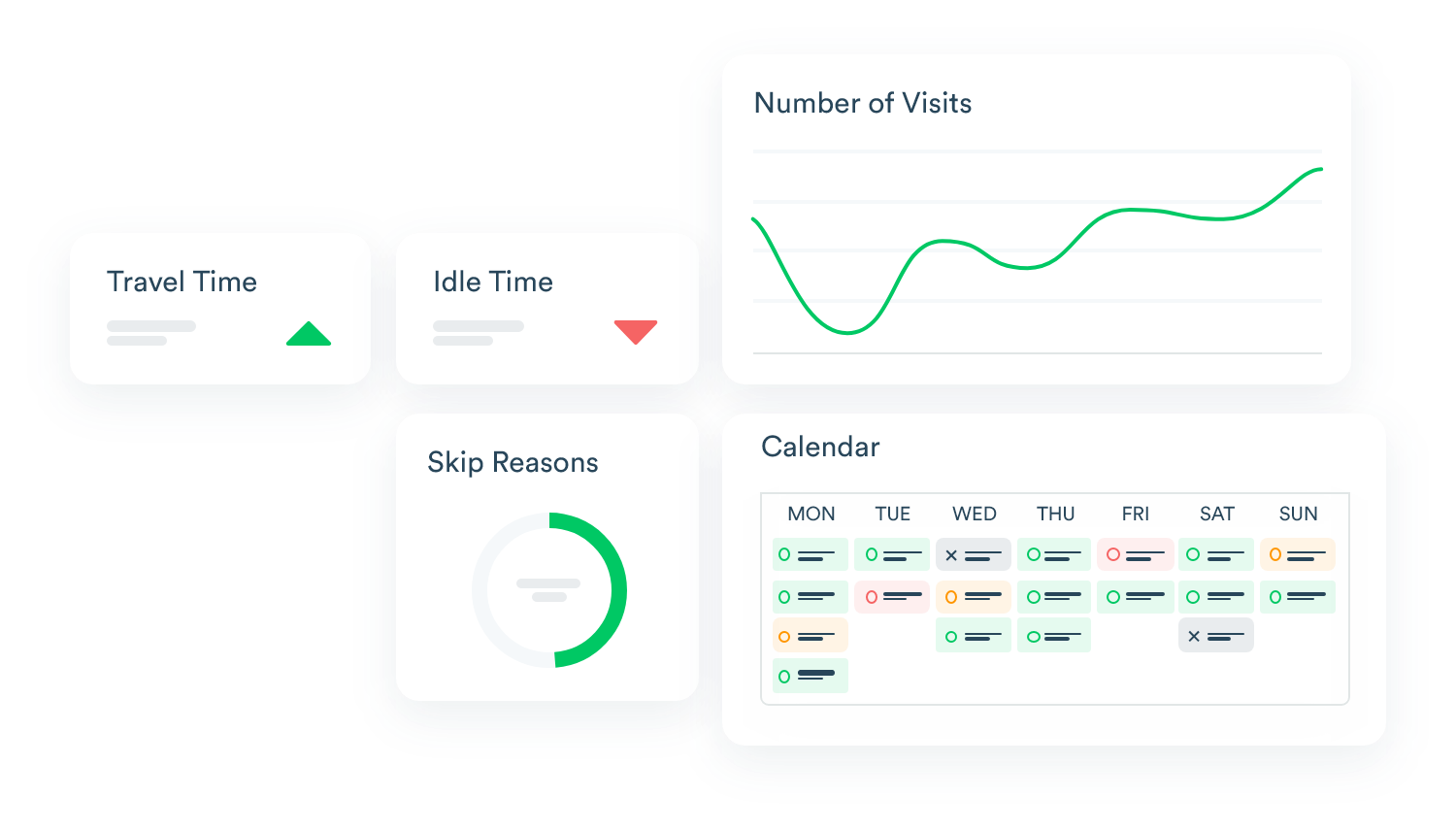For the year 2023, it has been recorded that there are 72% data breaches, above the previous record in 2021. This situation proves one thing, the necessity of data protection in the modern world, where people engage computers and the internet in most of their activities. Since crime rate on cyberspace continues to rise and considering the recent cases of data theft, protection of personal and sensitive information is a very important factor for individuals and companies.
Regardless of one being a business person, an IT technologist, or an average World Wide Web surfer, it is critical to comprehend data protection features and methods. Here in this guest post are the most efficient and techniques and tools for protection of your personal information and data against cyber criminals and hackers.
At Shelvz, we take data Privacy and Security very seriously, our infrastructure is compliant with ISO 27001 security standards and we guarantee that we deliver a secure, private, and reliable platform to keep our solutions safe and running without any interruptions.
Getting Quick and Easy Integration Without Compromising Security
Security integration in today’s digitally connected world needs to be done as swiftly and as efficiently as possible. Businesses require solutions that can be deployed quickly yet still maintain the corporate values of the organization as far as protection of data is concerned. Protocols like Virtual Private Networks (VPNs) that encrypt the traffic on the internet and Secure Sockets Layer (SSL) certificates enhance data security when transferring information within the Internet without complicating the integration process.
Also, there are other encryption applications such as VeraCrypt and BitLocker that have simplified means of encrypting files and folders, and encrypting drives in a way that only those permitted to, can. These tools use highly secure encryption algorithms, which has a directed impact toward improving the security of the data without any decrement in convenience.
In this way, by implementing solutions that are secure but at the same time easily integrated into existing structures, organizations try to make their systems more protected against new threats while being productive at the same time.
Best Tools for Data Privacy and Security
- Virtual Private Network (VPN)
A VPN or Virtual Private Network is a tool that is widely used to enhance the protection of data that is transmitted through the web when allowed through unsecured networks. They protect internet traffic hence the hackers cannot easily monitor and retrieve crucial data. They also hide your IP address making you anonymous online masking your identity. Some of the best VPNs are NordVPN, ExpressVPN, CyberGhost, among others, and the forum is reputable for its strong and standard security and interface.
- Antivirus and Anti-Malware Software
Firewalls are important when one wants to safeguard the devices from Malwares and cyber threats. They raze your computer for suspicious programs and delete or sequester them, and offer shield against new threats. Currently, developers of the best antiviruses such as Bitdefender, Norton, and Kaspersky provide their users with reliable protection against ransomware and web browsing security.
- Password Managers
Password managers are useful since they assist in the safe storage of passwords. They create robust and distinct passwords for each account and also fills in credentials, the chances of using poor or recycled passwords being slimmed. Well-known password storing services include LastPass, 1Password and DashLane, these services aim to store passwords on users’ behalf and are always encrypted and sync to multiple devices.
- Encryption Tools
Encryption is the most critical method of safeguarding information and there should be proper tools to achieve this. Applications name such as VeraCrypt and BitLocker and AxCrypt enable the users to encrypt their files, folders, and drives so that only the permitted persons will be able to access the encrypted data. This tools come with very strong encryption algorithms and friendly graphic interface to enable the user to secure their data.
- SSL Certificates and Secure Communications
SSL certificates are essential for establishing secure communications over the internet. They encrypt data transmitted between a user’s browser and the server, preventing unauthorized access and ensuring data integrity. Implementing SSL certificates across your website builds trust with users and protects sensitive information during transmission. Our user’s data is protected with in transit 2048-bit SSL and AES-256 encryption at rest.
- Security Information and Event Management (SIEM) Solutions
SIEM systems are defined as solutions that perform Security Information and Event Management for real-time analysis and management of security threats. SIEM tools is used to gather information from different entities like the networks devices, servers, and applications to help in identifying and mitigating threats. Some of the widely-used SIEM solutions that include Splunk, IBM QRadar, LogRhythm, etc., include threat detection and incident handling features. - Secure Email Gateways
SEGs help shield email communication against threats extending from phishing episodes, malware, and spam. SEGs scan the mails for legitimate ones, for delivery to the target recipients and remove any unwanted mails. Some solutions are Proofpoint Email Protection, Mimecast, and Barracuda Email Security Gateway; All these solutions boast of highly effective Anti Spam, Threat Protection and Data Loss Prevention solutions.
Best Tips for Data Privacy and Security
- Implement Strong Passwords and Authentication
As a measure of protecting data, it is advisable to come up with hard passwords using; letters, numbers, and characters. Also, enable the use of 2FA to afford users an additional layer of security by identifying them using mobile applications or text messages. - Encrypt Sensitive Data Encryption provides the guarantees that data which is stolen will be illegible and useless to the people who received it. Use secure encryption technology to protect the data that is stored as well as that which is in transport.
- Regularly Update Software and Systems
Update software and systems frequently, because hackers tend to look for the weak points in these systems. Patches that are released update the security holes that hackers could use easily so as to improve the general security of the digital network. - Implement Firewalls and Intrusion Detection Systems
Employ network firewalls to ensure specific control of traffic and access to the organizational network. IDS analyze the traffic and if there is any sign of threat it deals with it while at the same time protecting the important information. - Backup Data Regularly
Data backup is another important practice since data loss is inevitable or in case of a breach someone has to own the stolen data. Employ computerised backup systems which are kept in protected sites and carry out tests of the backup and restoration procedures on a regular basis. - Educate and Train Employees
Provide your employees with training materials to understand data protection principles and ways to prevent contamination of such data. It is necessary to have constant training on phishing and social engineering attacks and secure data handling and reporting of any such incidences by the employees. - Monitor and Audit Data Activity
Maintaining data activity with the help of constant monitoring and auditing can contribute to the identification and handling of security threats. Create logs of the data being accessed, changed or transferred and employ automation for live alerts and suspicious activity recommendation.
Like what your reading?
Take a moment to subscribe before continuing and never miss out on exclusive insights, news, and case studies.
The Future of Cyber-Safety
As cyber threats continue to evolve, so must our approaches to data security. Here are some emerging trends and technologies shaping the future of cyber-safety:
- Quantum Encryption: Quantum computing has its implications that make it both threatening and positive to data encryption. But it is able to threaten today’s encryption methods, it also provides the possibility for quantum encryption solutions that cannot be violated.
- AI-Powered Security: AI and ML have become commonplace in security solutions to boost up cybersecurity. These technologies can process huge amount of data to look for abnormalities and threats and take corresponding measures in-real time.
- Blockchain Technology: Blockchain can be described as a technique by which transactions can be securely recorded without being controlled by a central authority. Speaking specifically about cybersecurity, the integration of such a system can improve data reliability and openness, which is less satisfying for attackers who modify the data.
- Zero Trust Networks: Earlier, it has been noted that Zero Trust Networks are emerging to be an effective security model. Such a system of screening of all the users and a device also helps in the prevention of unauthorized access and threat to data of an organization.
Conclusion
Data confidentiality and protection certainly remain a work in progress and not a one-time thing that is covered by mere guidelines and perfect tools. Thus, you can significantly strengthen your measures to protect data through the use of effective passwords, data encryption, regular updates of the software, and employees’ training. Also, the use of tools such as VPNs, antivirus, passwords’ manager, and virtual encryption will also help minimize cyber risks. Still, it is important to consider data privacy and security as these imply customers’ trust and your information protection from intruding actions.
If security matters to you and your business (and it should!) take a moment to book a demo today.



